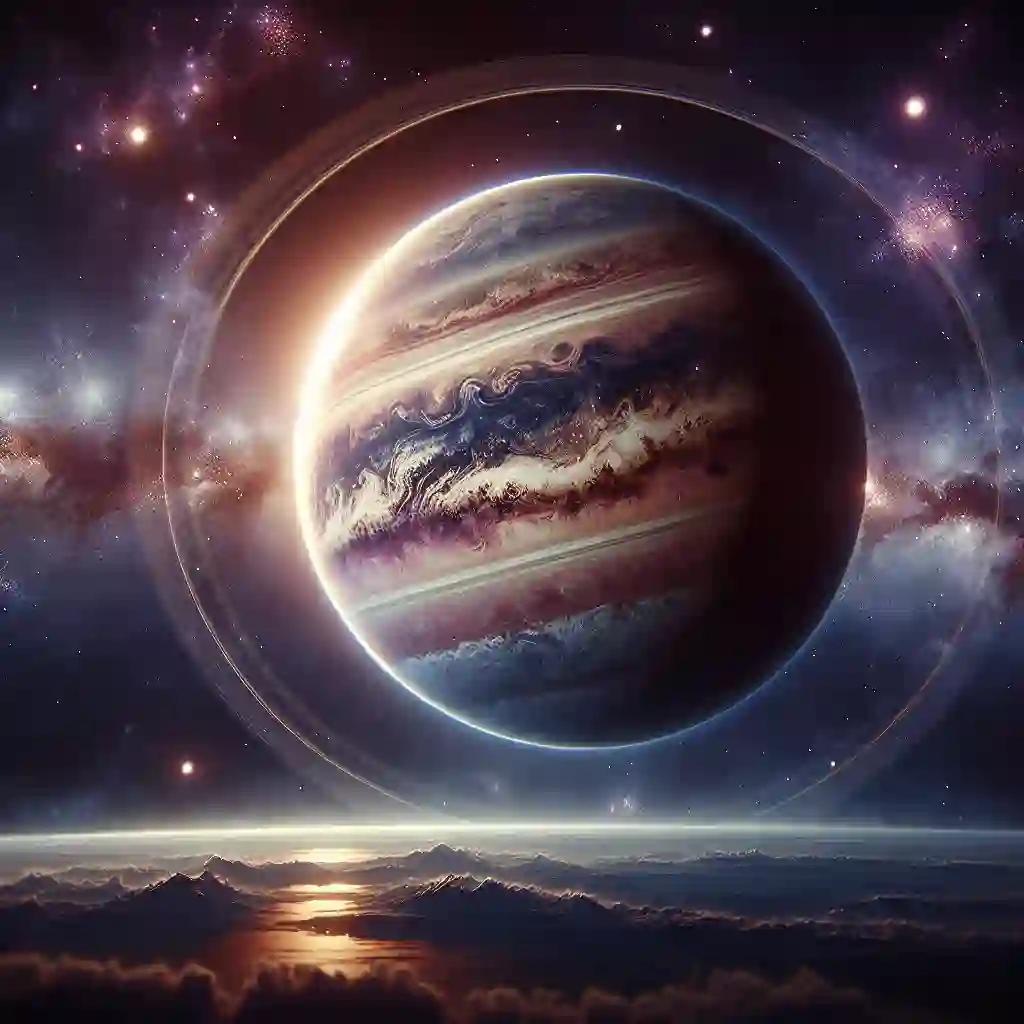planetの語源(語根)と覚え方
英語
planet- 1名詞惑星
詳しい語源
英単語「planet」は、古フランス語の「planete」を経て、ラテン語の「planeta」、さらにギリシャ語の「planētēs」(さまよう者)に由来します。 「planētēs」は動詞「planasthai」(さまよう)から派生し、これは印欧祖語の「*pele-」(広がる、平らな)に関連しています。これらの語源から、「planet」は「夜空をさまよう星」という概念が発展し、現在の「惑星」という意味に繋がっています。
EnglishBattle公式X で更新情報を発信しています。
planetと同じ語根の英単語
語根flaplapol
- 広がる
- 平らな
planetから派生する単語
planetの主な意味と例文
- 1名詞
意味 - 惑星
- プラネット
a large celestial body that orbits a star
例文 Earth is the third planet from the sun.
地球は太陽から3番目の惑星です。
Jupiter is the largest planet in our solar system.
木星は太陽系で最も大きな惑星です。
planetのWordNet
- 1名詞
意味 惑星
(astronomy) any of the nine large celestial bodies in the solar system that revolve around the sun and shine by reflected light; Mercury, Venus, Earth, Mars, Jupiter, Saturn, Uranus, Neptune, and Pluto in order of their proximity to the sun; viewed from the constellation Hercules, all the planets rotate around the sun in a counterclockwise direction
(天文学)太陽系における9つの大きな天体のいずれか。これらの天体は太陽の周りを回転し、反射光によって輝く。太陽に近い順に、水星、金星、地球、火星、木星、土星、天王星、海王星、冥王星がある。ヘラクレス座から見ると、すべての惑星は反時計回りに太陽の周りを回転する。
和訳例 - 惑星
同義語 - planet
- major planet
上位語 natural objects visible in the sky
空に見える自然の物体
下位語 any of the four outermost planets in the solar system; much larger than Earth and gaseous in nature (like Jupiter)
太陽系の最も外側にある4つの惑星のいずれか。地球よりもはるかに大きく、ガス状の性質を持つ(木星のように)
a planet having a compact rocky surface like the Earth's; the four innermost planets in the solar system
地球のような硬い岩石表面を持つ惑星;太陽系の内側の4つの惑星
any of the planets whose orbit lies outside the earth's orbit
地球の軌道の外側にある軌道を持つ惑星のいずれか
a planet (usually Venus) seen just before sunrise in the eastern sky
日の出前に東の空に見える惑星(通常は金星)
(astronomy) a major planet whose orbit is outside the asteroid belt (Jupiter, Saturn, Uranus, Neptune, Pluto)
(天文学)小惑星帯の外側を公転する主要な惑星(木星、土星、天王星、海王星、冥王星)
具体例 a planet (usually Venus) seen at sunset in the western sky
西の空に日没後に見える惑星(通常は金星)
構成要素 the regions of the surface and atmosphere of the Earth (or other planet) where living organisms exist
地球(または他の惑星)の表面および大気中に生物が存在する領域
被構成員 the sun with the celestial bodies that revolve around it in its gravitational field
太陽と、その周りをその重力場で回転する天体
派生語 分野 もっと見る
- 3名詞
意味 惑星
any celestial body (other than comets or satellites) that revolves around a star
彗星や衛星を除いて、恒星の周りを回転するすべての天体
和訳例 - 惑星
同義語 - planet
上位語 natural objects visible in the sky
空に見える自然の物体
派生語 - planetal
of or relating to or resembling the physical or orbital characteristics of a planet or the planets
惑星の物理的または軌道の特徴に関する、またはそれと類似する
